Teijin Frontier introduces 'industry first' moisturizing clothing range
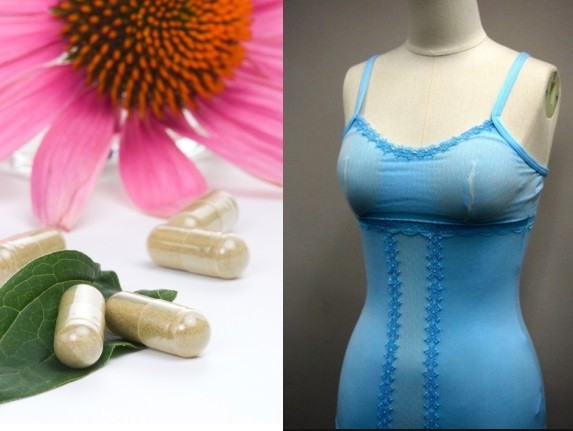
In an effort to respond to mass consumer interest in wearable health and fitness devices, beauty brands are now looking to guide the enthusiasm for at-home beauty devices towards wearable devices too.
According to this ambitious Japanese brand, its range of six garments is comprised of polyester fibers containing malic acid designed to maintain the pH balance of the skin while other compounds interact with its moisture levels to improve quality and appearance.
Teijin claims to be the first in Japan to acquire a licence to manufacture and sell wearable cosmetics and that its researchers have designed the fiber technology to retain considerable levels of malic acid, even after 50 washes.
From March 2016, the line sold under the Raffinan brand will be priced between ¥1,500 and ¥4,000 - around $12 to $32.
On hearing of the company's developments; sports apparel player Descente has jumped on board, announcing that it will market a new clothing line that incorporates Teijin's garments in the new year.
Big potential but a little slow on the uptake...
While the concept of wearable beauty may still be a luxury item for now, Euromonitor reports that strong R&D investment may see practical and affordable wearable tech products eventually hitting the market.
L’Oréal is one of the few major brands currently making a real effort to take on the startups in this arena, as the multinational recently demonstrated how a wearable device could have a big future in dermatology for thermal evaluations in a non-invasive manner.
The cosmetics giant says companies can find out the condition of the skin at certain points and develop products that specifically target certain issues, using an inconspicuous, 'band-aid'-like piece of kit.
Euromonitor's Nicole Tyrimou has confirmed that although a little slow on the uptake, beauty brands are really starting to invest in chip technology (seen, for example, in a deodorant chip being developed by Google), and in UV sensors (being used to create devices which alert consumers when more sunscreen is required) has allowed beauty to start tapping into the tech trend.
However, as it stands, the technological capabilities of these products remains limited, and yet the devices have entered the market with high price tags, meaning they are currently appealing to only a very limited number of consumers.
“As the majority of wearable technology in beauty remains as gadgets/luxury products rather than functional, problem-solving offerings, their use and presence is expected to remain niche,” confirms Tyrimou.
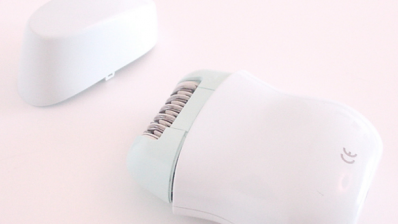

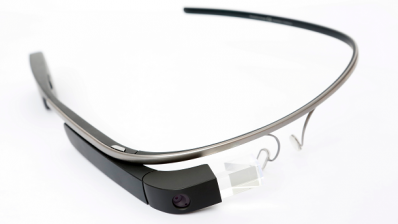
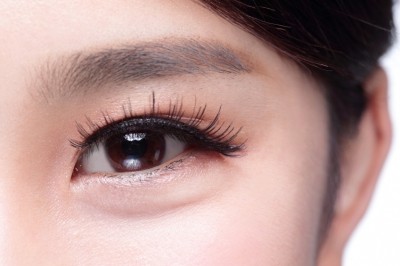
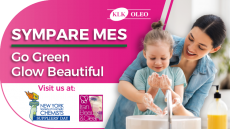

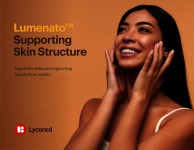


![[Getty Images]](/var/wrbm_gb_food_pharma/storage/images/_aliases/wrbm_tiny/publications/cosmetics/cosmeticsdesign-asia.com/china/china-focus-latest-developments-in-china-s-booming-beauty-market22/17370102-1-eng-GB/China-focus-Latest-developments-in-China-s-booming-beauty-market.jpg)
![YSL's LoveShine launch has sparked a demand surge in Japan. [YSL]](/var/wrbm_gb_food_pharma/storage/images/_aliases/wrbm_tiny/publications/cosmetics/cosmeticsdesign-asia.com/article/2024/04/24/ysl-loveshine-launch-propels-lip-gloss-sales-to-record-highs-in-japan-since-2020/17372064-1-eng-GB/YSL-LoveShine-launch-propels-lip-gloss-sales-to-record-highs-in-Japan-since-2020.jpg)
![There is significant scope for innovation and new launches in the hair repair sector, especially in soaring markets such as China. [Getty Images]](/var/wrbm_gb_food_pharma/storage/images/_aliases/wrbm_tiny/publications/cosmetics/cosmeticsdesign-asia.com/article/2024/04/24/croda-zeroes-in-on-hair-repair-solutions-as-damage-hair-concerns-surge-in-markets-like-china/17362731-1-eng-GB/Croda-zeroes-in-on-hair-repair-solutions-as-damage-hair-concerns-surge-in-markets-like-China.jpg)



![Lubrizol has extended its partnership with C-beauty major PROYA. [PROYA]](/var/wrbm_gb_food_pharma/storage/images/_aliases/wrbm_tiny/publications/cosmetics/cosmeticsdesign-asia.com/headlines/brand-innovation/lubrizol-bullish-on-potential-of-c-beauty-growth-potential/17362515-1-eng-GB/Lubrizol-bullish-on-potential-of-C-beauty-growth-potential.jpg)



